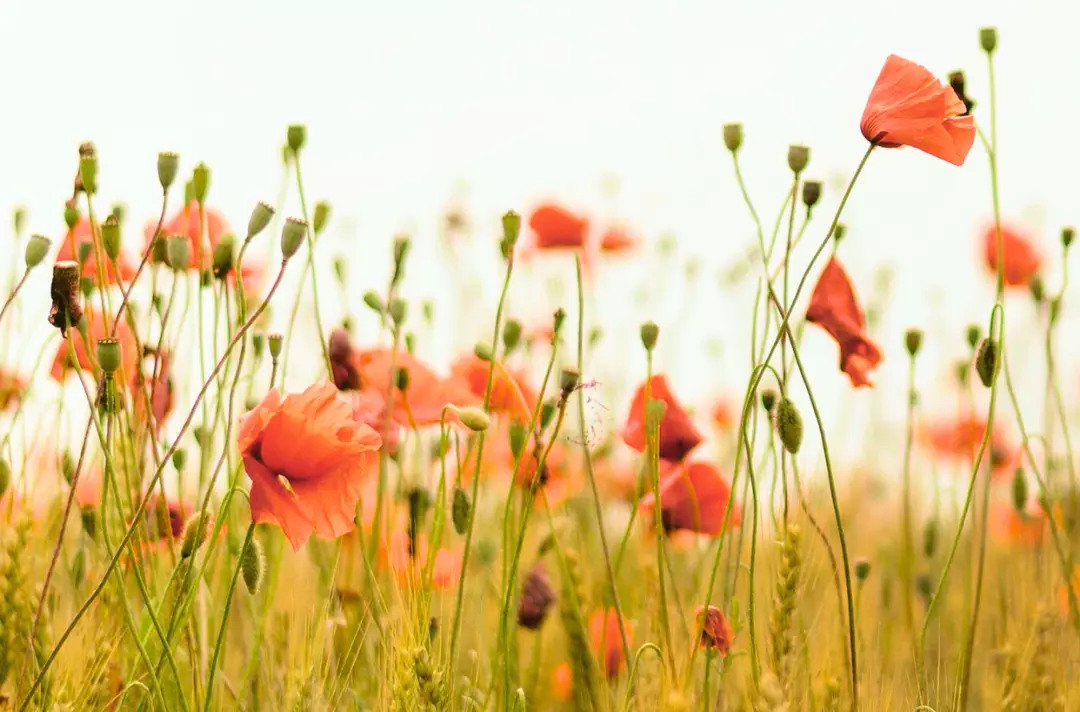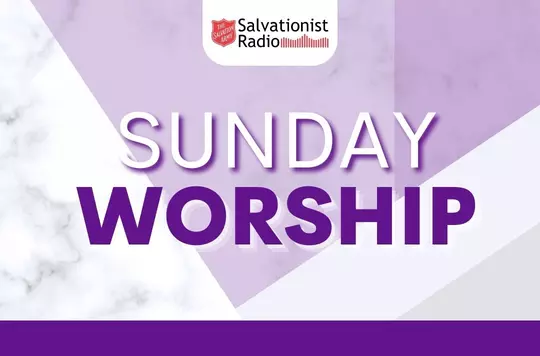9 September 2023
The parable of the wheat and weeds
Major Wendy Stanbury
Major Wendy Stanbury reaps wisdom from the parable of the wheat and weeds.
Key text
Audrey Hepburn reportedly once said: ‘To plant a garden is to believe in tomorrow.’ The parable of the wheat and weeds captures something of that hope for the future. Farmers know that nurturing plants to the point of fruition cannot be rushed and that growing wheat, in particular, takes patience. It’s all about the timing.
Pause and reflect
- Are you a patient person?
- When have you had to wait patiently for a situation to be resolved or reach a conclusion?
In Matthew 13, we read that Jesus has been teaching a large crowd of people, so large in fact that he taught them from a boat while they stood on the shore. As was often the case, Jesus taught through parables – symbolic stories drawing on real-life images that illustrated underlying truths.
Jesus begins with the parable of the sower, likening the seed to the message about God’s Kingdom and illustrating how people respond to it (see Matthew 13:1–23). Then Jesus goes on to tell another parable, changing the emphasis from the soil to the seed itself.
In this parable, Jesus compares the Kingdom of Heaven to a farmer who sows good seed in his field. Under the cover of darkness, his devious enemy sows weeds among the wheat seeds. The Greek word used for weeds is zizania – poisonous plants that look very much like wheat in the early stages of growth and can only be distinguished from wheat once the crop has ripened.
As soon as the offending weeds have sprouted, the farmer’s servants want to go out and pull them up. However, the landowner knew that to do this would be a mistake, as pulling the weeds could also result in uprooting the wheat. He tells the servants to wait for the harvest.
Pause and reflect
- Has there been a time when you have wanted to act but God has told you to wait?
- How easy do you find it to trust in God’s timing and not rely on your own?
Later, away from the busyness of the crowds, Jesus explains in some detail the meaning behind this parable (see vv36–43). He tells his disciples that the sower is the ‘Son of Man’ (v37) and that the good seed stands for ‘the people of the Kingdom’ (v38). Jesus’ hearers would have been familiar with the title ‘Son of Man’ – the promised Messiah – prophesied in Daniel 7.
In this parable, Jesus – the Messiah – places himself in stark contrast with the ‘enemy’ who has sown the pernicious weeds. In a society that relied on agriculture and the need for a successful harvest, the disciples would have been fully aware of the consequences of an act of sabotage like this.
In the Kingdom of God, there are equally fatal consequences when ‘people of the Kingdom’ are contaminated by ‘people of the evil one … the Devil’ (vv38 and 39).
Pause and reflect
- Are there ‘weeds’ in your life that act as stumbling blocks to living life as a person of the Kingdom of God?
As Jesus continues his explanation of this parable, he gives his disciples insights into eternal consequences. At the end of the age, his angels will reap the harvest and ‘weed out of his Kingdom everything that causes sin and all who do evil’ (v41).
The graphic image of the terrible fate that awaits those who reject the message of their Father God is in vivid contrast to the description of those who will experience life in ‘the Kingdom of their Father’ (vv42 and 43).
Whether your interpretation of this is literal or not, a clear difference is shown between the beautiful hope of eternity in the Kingdom of God for the righteous and the inevitable separation from God for those who do evil.
As we come to the end of this parable, we might find it difficult to see the message of hope mentioned at the beginning of this study. However, there are two key points to note.
First, it was not the job of the servants to do the weeding. Instead, the harvesters were the angels. It can be tempting to cast ourselves in the role of judge, but the task of weeding out everything that causes sin belongs to God’s appointed messengers.
Second, although the servants wanted to pull up the weeds as soon as possible, the landowner knew he had to wait until the seed heads were fully ripe. In The Message paraphrase, this parable is aptly titled The Curtain of History.
Jesus teaches about judgement at ‘the end of the age’ and urges: ‘Whoever has ears, let them hear’ (v43).
In 1 Timothy 2:3 and 4, Paul reminds us: ‘God our Saviour … wants all people to be saved and to come to a knowledge of the truth.’
This parable is about living in the Kingdom of God now and the promise of the Kingdom of God to come. The curtain of history will finally fall. Are we listening?
Pause and reflect
- How might you share the ‘good seed’ – the good news of Jesus?
- How do you imagine shining like the sun in the Kingdom of God will be?
Bible study by

Major Wendy Stanbury
Integrative Training Officer, William Booth College
Discover more

DFL is a weekend retreat at William Booth College to help you discern God's calling.

Lieut-Colonel Drew McCombe explains why your voice is needed in the territory’s conversation about membership.


